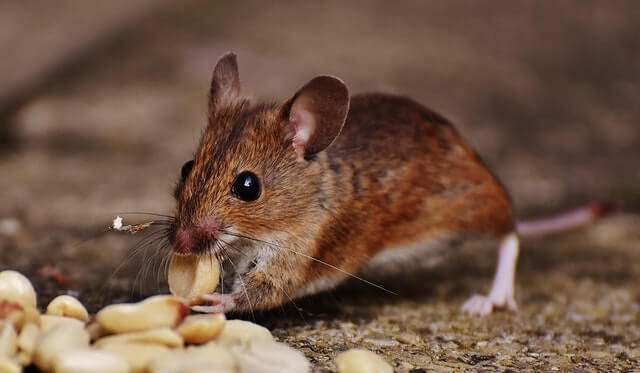One of the things that can cause a problem in a rental property is the presence of pests. It’s not only a nuisance but sometimes there are conflicts about who should take care of it. The tenants may argue that it is the landlord’s responsibility — that is partly true. Landlords have to make sure that pest problems would not occur. However, the tenants also share the obligation. After all, they’re the ones living in the rental.
Having a pest infestation needs immediate action. Pests like cockroaches, rodents, and other insects can cause health problems for the tenants. Letting it go on for some time will only make it a bigger problem. Now, the question: Who should take up the responsibility for pest control, and who should pay for it?
Determining who’s responsible can take a backseat at first. The priority is to get rid of the pests ASAP. The landlord is obligated to take action. One of his duties is to make sure the property is safe from health hazards. He can contact a company that specializes in pest control. But don’t forget to remind them to document this step as proof that they did their part.

Since the priority is taking care of the situation, the tenants can also do something to help. If they cannot get a hold of their landlord, the tenants can call for pest control services. They can also try do-it-yourself remedies in the meantime. The question of who pays for it can come after tackling the pest problem.
Here are some common questions about pest control in rental properties:
Who is responsible?
Both parties have shared accountability for this. In general, the landlord is responsible for keeping the property habitable, and this includes preventing infestations. However, some tenants can become the cause of the pest problem. If the landlord can confirm this, the tenant will be held liable.
Can a tenant refuse to pay rent until the problem is solved?
The answer to this depends on the situation. The tenant may have reported the issue, but the landlord has not done anything yet. Some states will allow tenants to withhold the rent until the landlord fixes the problem. But then again, it will depend on the law.

What should the landlord document?
Part of the landlord’s documentation should include the history of infestations. He should also keep a record of a tenant’s unhygienic practices. For example, the tenant tends to leave food scraps and garbage everywhere. It can attract rodents and cockroaches to the property, thus causing the pest issue.
Is the landlord responsible?
Yes, generally, the landlord is responsible for keeping the property habitable. He should make sure to perform regular inspections and immediately respond to the situation. Even if the landlord knows the tenants caused the infestation, the priority is still controlling it. After all, delaying actions can cause damages to the property and health problems for the tenants.
Who pays for pest control?
Aside from who is responsible for finding a solution, another issue is determining who will pay for pest control services. It can create a conflict between the landlord and tenant. The best way to avoid it is to include pest problems in the lease agreement. It is essential to incorporate this clause to know who will take responsibility. It will also motivate the tenant to care for the property and not cause pest troubles.

Although the landlord should ensure that the property is free from health hazards, the tenants are equally responsible. They should avoid practices that will cause problems for all of them. Make sure to find tenants who will do their part. And what better way to look for them than at Padleads? Every time you post a property listing on the platform and syndicate it to other websites, you attract potential tenants. The more renters who see your listings, the more options you have.